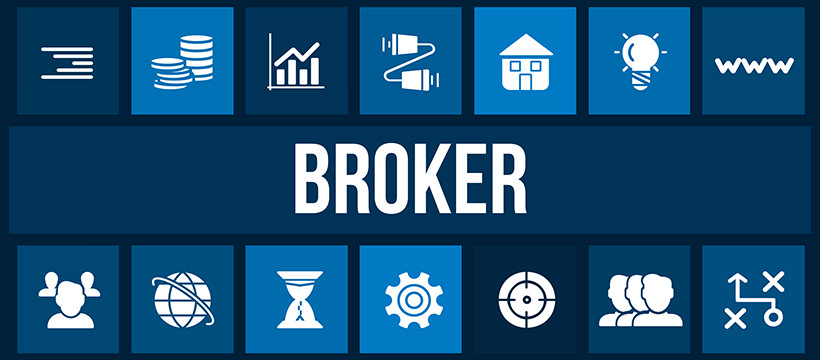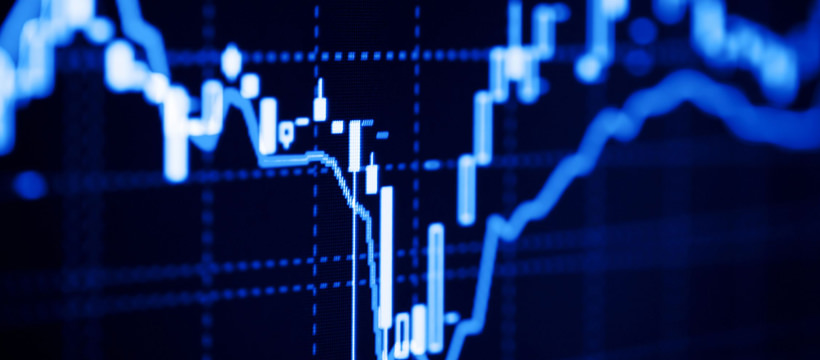What Is a Trading Broker?

Among the questions that aspiring traders ask, one simple question stands out: what is a trading broker? And why is it so important? Those who intend to approach the world of trading but are completely new to the subject wonder about the need to turn to a broker and the role they actually play. Let's start from a premise: it is practically impossible to practice online trading without brokers. In fact, brokers are intermediary companies that stand between the user and the market. They are, in a sense, the only link between these two terms. Their task is, remaining on a more general position, to execute traders' orders, to concretely carry out trades on their behalf. Without brokers, ultimately, there is no execution of orders and therefore no online trading.
Their task does not end here. In fact, in addition to executing orders, trading brokers offer various utilities. For example, they offer charts - usually very up-to-date - and some technical analysis tools. These "tools", to use an improper definition but one that conveys the idea very well, allow analyzing the market in depth but also understanding how prices will move. They act, therefore, in a predictive context.
Furthermore, brokers "manage" users' money. This activity might make someone turn up their nose, if not even put them on alert. However, it is an obligatory step for anyone who wants to produce a profit. The trader deposits a certain threshold into their account (the initial minimum deposit varies from broker to broker), trades, and, according to the broker's regulations, withdraws.
How much does a broker cost? It is impossible to give a univocal answer. It can be stated, however, that in the vast majority of cases, brokers do not require the payment of commissions. Exceptions are large banks and ECN brokers, a rare type suitable for experts, reserved for large institutional investors rather than retail. The "payment method" is the spread, i.e., a tiny percentage of the traffic, symbolized by the difference between the bid and sell.
Brokers, in general, despite the bad reputation that characterizes them, are "harmless" and indeed useful/indispensable actors in online trading. Recognizing the bad apples, which, as in any field of life, exist, is quite simple. It is sufficient to verify the presence of licenses issued by control bodies, which can have an international, such as Cysec, or national, such as our Consob.
An honest broker is not necessarily efficient. In fact, it is necessary to evaluate the offer both in terms of possibilities and costs, the platform (i.e., the software on which you trade) made available, the quality and availability of assistance, and many other things.



